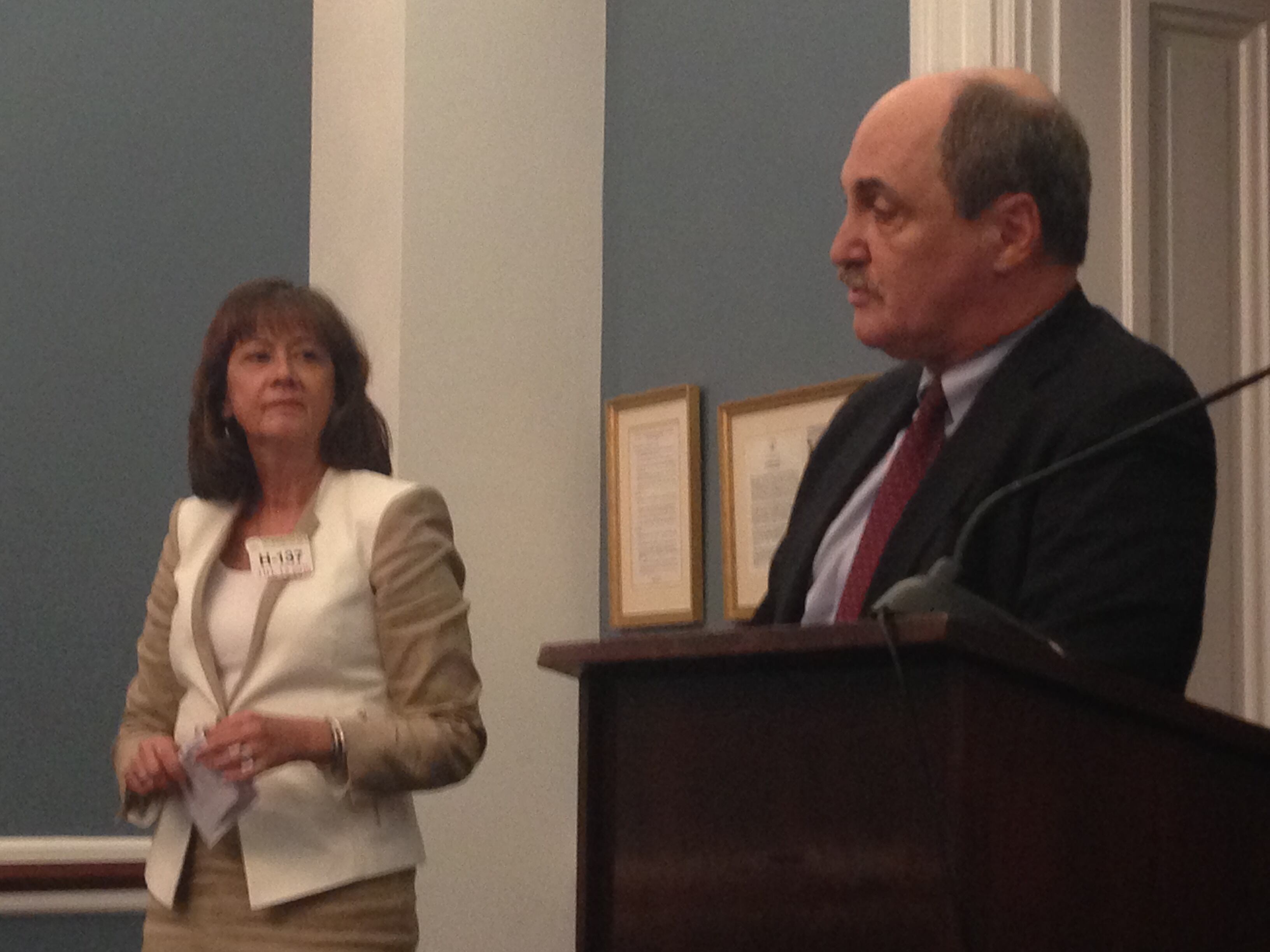A group of former feds and industry experts are getting together to ensure major cybersecurity initiatives don't fall through the cracks as more candidates pile into the 2016 race and Washington prepares for a transition in leadership .
The Center for Strategic and International Studies has brought together a cybersecurity task force made up of experts from the public and private sector to issue a series of reports, culminating in a transition report with recommendations a new administration can put in place within the first 60 days.
"You don't want to lose the momentum that this administration is creating with the things that they're doing," said Karen Evans, director of the U.S. Cyber Challenge and advisor to the task force. "You don't want a new administration [to come in] and have a hiatus where things aren't happening."
Related: What to expect in next presidential transition
Evans stressed the importance of issuing actionable recommendations — such as suggestions for executive orders that include specific language — that the next administration can implement immediately, regardless of party affiliation.
"The report should be written in a way that it doesn't matter who wins," said James Lewis, CSIS senior fellow and director of the Strategic Technologies Program, who is leading the task force's efforts.

The Center released a similar report for the Bush-Obama transition in 2008, however this time around there are two working groups: an East Coast team made up of former federal employees and policy wonks based in Washington and a West Coast team of academics and industry experts in Silicon Valley. (Anyone else thinking West Coast Avengers?)
There are about 40 people signed on to the East Coast team and another 30 in the West.
The two working groups have met once already and came up with preliminary lists of 10 focus areas. Lewis said about of the third of the lists overlap, despite being developed independently.
Report: Commission on Cybersecurity for the 44th Presidency
The bipartisan initiative also has the backing of members of congress, namely Rep. Michael McCaul, R-Texas, and Sen. Sheldon Whitehouse, D-R.I., who are acting as co-chairs.
"I went back and reread the [2008] report and I have to say, after eight years, in an area of expertise where both policy and technology are changing very rapidly, that report still holds up very well," Whitehouse said, pledging to "meet or exceed that standard" with the new report.
McCaul credited the 2008 report for keeping cybersecurity in the fore as the Obama administration entered the White House.
"One of the first things President Obama talked about was cybersecurity and I think a lot of it was because this report got so much attention," McCaul said. "The issue's never been more timely, never more dangerous than it is today, so I think it's a great time to reconvene our efforts."
While the legislators will not have a direct role in crafting the recommendations, Whitehouse said he and his staff, as well as Rep. McCaul's, will be available as assets to help facilitate discussion.
More: Civilian Cybersecurity Strategy coming this summer
The final report will include recommendations for internal government policies, as well as broader cybersecurity initiatives for the U.S. and internationally.
"I think that to the extent that we can find ways to regularize a more secure Internet … without having to fight over which websites people want to visit in their free time," Whitehouse said. "How do you leave the Wild West of the Internet the Wild West while also making a Fort Cyber in which critical infrastructure can reside securely?"
The entire process should take between 18 months and two years, with the final report expected by November 2016, in time for the next administration to consider it as part of its transition plan.
The teams will also be coming out with short reports on priority topics in the interim, according to Lewis.
Aaron Boyd is an awarding-winning journalist currently serving as editor of Federal Times — a Washington, D.C. institution covering federal workforce and contracting for more than 50 years — and Fifth Domain — a news and information hub focused on cybersecurity and cyberwar from a civilian, military and international perspective.





